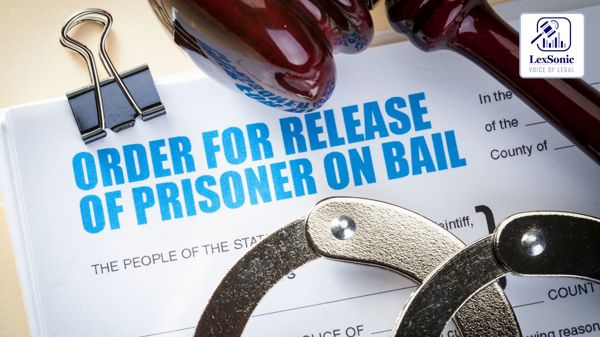The Supreme Court, on 3 November 2025, granted bail to an 18-year-old BBA student from Tamil Nadu accused in a narcotics case, indicating that young offenders deserve a humane yet cautious approach under the country's stringent drugs laws. The Bench comprising Justices J.B. Pardiwala and K.V. Viswanathan allowed the petition filed by Abhilash Varma, whose plea for regular bail was rejected by the Madurai Bench of the Madras High Court earlier this year.
The case originated from an FIR registered at the Kundrakudi Police Station in Sivagangai District under multiple provisions of the Narcotic Drugs and Psychotropic Substances Act, 1985—Sections 8(c), 20(b)(ii)(c), 25, and 29(1)—in addition to Section 111 of the Bhartiya Nyaya Sanhita, 2023, which replaced parts of the Indian Penal Code. After investigation, the police filed a charge sheet naming twenty-one accused, including the petitioner.
While the High Court had earlier refused his bail, the Supreme Court considered the age and educational background of the petitioner, besides the stage of the trial. The court said that though there were thirty-four prosecution witnesses in the case, so far only six had been examined, which means that the trial would take a considerable time. The Bench also recorded that eight of the co-accused were already on bail.
In its brief but reasoned order, the Court stated that “in the peculiar facts and circumstances of the case,” it was inclined to exercise discretion in favor of the young petitioner. Accordingly, it directed his release on bail, leaving it open to the trial court to frame appropriate conditions and allowing the State to suggest any safeguards necessary to protect the prosecution’s interest.
The ruling, in a subtle manner, reinforces an important judicial principle-that the discretion of bail under the NDPS Act, though cabined by statutory stringency, is not wholly foreclosed when individual factors such as youth, progress of trial, and parity with co-accused merit consideration. It also reflects the commitment of the Court to rehabilitative justice, ensuring that the future of young people does not get irreparably damaged while awaiting trial.
By granting conditional liberty to student-accused, the Supreme Court said that justice under criminal law must be responsive, not mechanical; the law may be firm, but it need not be devoid of empathy.
Narcotic Drugs and Psychotropic Substances Act, 1985
BHARATIYA NYAYA SANHITA, 2023

